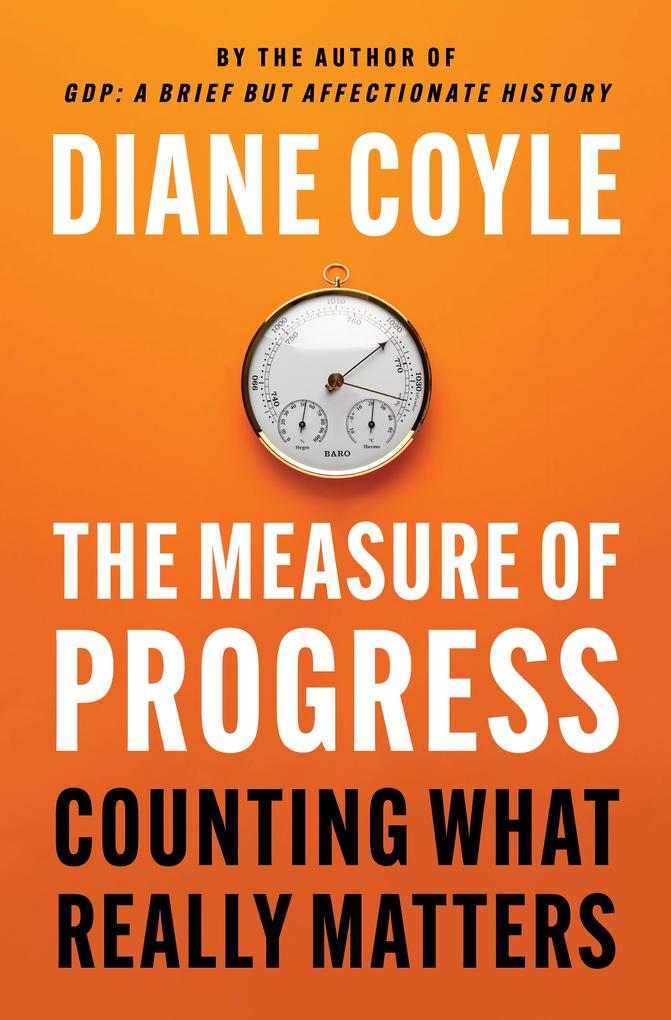
Download vorbestellbar
Why do we use eighty-year-old metrics to understand today's economy?
The ways that statisticians and governments measure the economy were developed in the 1940s, when the urgent economic problems were entirely different from those of today. In The Measure of Progress, Diane Coyle argues that the framework underpinning today's economic statistics is so outdated that it functions as a distorting lens, or even a set of blinkers. When policymakers rely on such an antiquated conceptual tool, how can they measure, understand, and respond with any precision to what is happening in today's digital economy? Coyle makes the case for a new framework, one that takes into consideration current economic realities.
Coyle explains why economic statistics matter. They are essential for guiding better economic policies; they involve questions of freedom, justice, life, and death. Governments use statistics that affect people's lives in ways large and small. The metrics for economic growth were developed when a lack of physical rather than natural capital was the binding constraint on growth, intangible value was less important, and the pressing economic policy challenge was managing demand rather than supply. Today's challenges are different. Growth in living standards in rich economies has slowed, despite remarkable innovation, particularly in digital technologies. As a result, politics is contentious and democracy strained.
Coyle argues that to understand the current economy, we need different data collected in a different framework of categories and definitions, and she offers some suggestions about what this would entail. Only with a new approach to measurement will we be able to achieve the right kind of growth for the benefit of all.
Produktdetails
Erscheinungsdatum
01. April 2025
Sprache
englisch
Dateigröße
13,96 MB
Autor/Autorin
Diane Coyle
Verlag/Hersteller
Kopierschutz
ohne Kopierschutz
Produktart
EBOOK
Dateiformat
PDF
ISBN
9780691271286
Entdecken Sie mehr
Bewertungen
0 Bewertungen
Es wurden noch keine Bewertungen abgegeben. Schreiben Sie die erste Bewertung zu "The Measure of Progress" und helfen Sie damit anderen bei der Kaufentscheidung.










